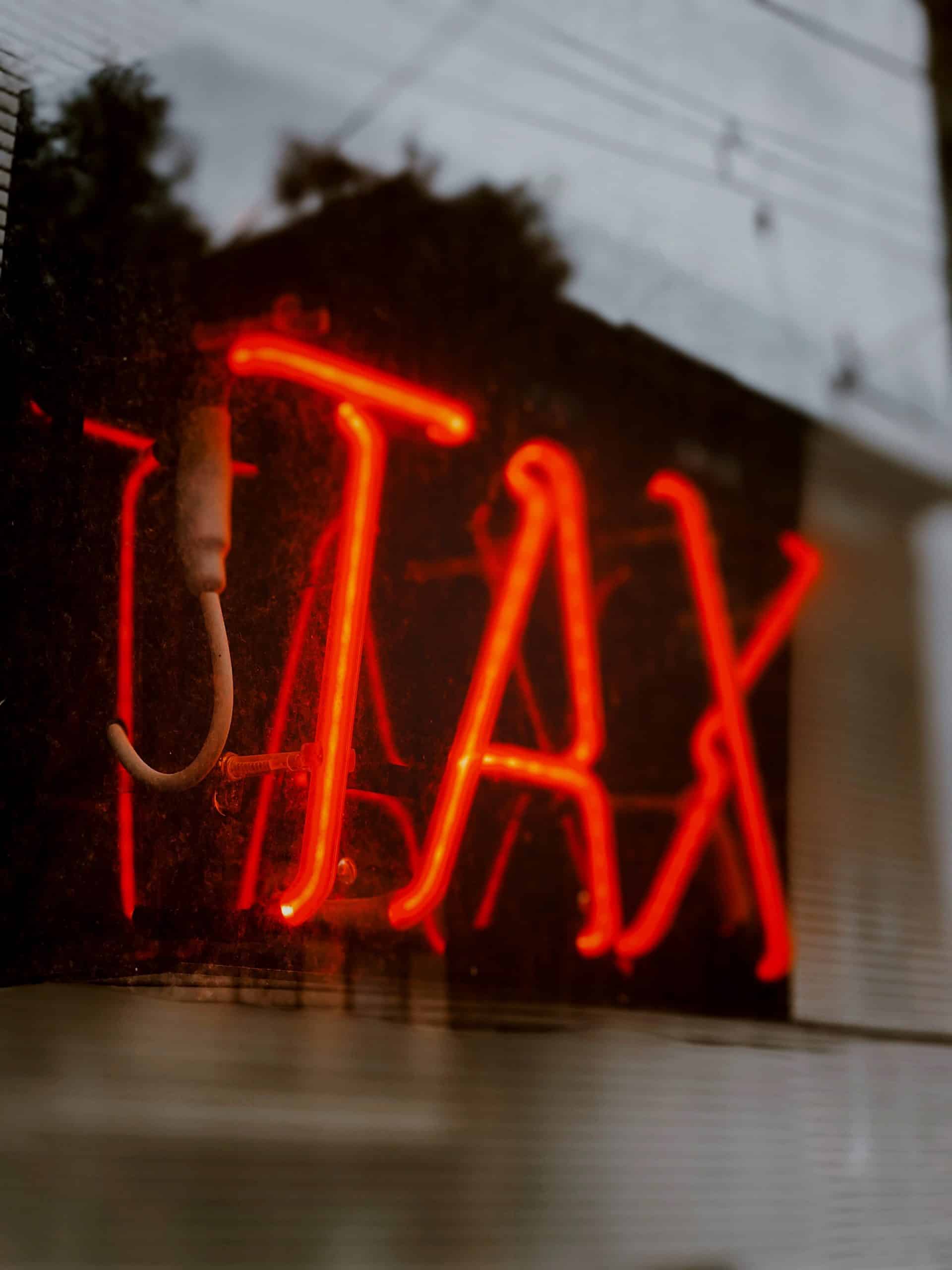In March 2023 the Supreme Court judged on a complex case that related to a genuine commercial transaction where a commercial building in Scotland, that had been opted to tax, was disposed to an unconnected purchaser, but the taxpayer broadly construed anti-avoidance provisions and didn’t charge VAT on the disposal of the opted land. In the normal course where a taxpayer has elected to disapply the exemption to VAT of land and building any subsequent supplies, rent or sale, of that land or building are then subject to VAT at the standard rate.
The anti-avoidance provisions had been enacted to stop exempt traders from using subsidiaries and other connected parties who had been granted leases over land and buildings that were initially owned by the exempt trader. The subsidiary would then opt to tax the leased land and reclaim VAT on building and development works that take place on the leased land. Using this avoidance scheme meant that an exempt trader could defer the cash outlay of VAT on expensive development work as the subsidiary would have to subsequently charge VAT on the rent of the leased land back to the initial exempt trader owner.
Lady Rose of the Supreme Court described the drafting of the anti-avoidance provisions that relate to supplies of land where the option to tax has been taken and counter the above cash outlay deferment scheme as “unfortunate”. Construction of the anti-avoidance provisions were problematic with the taxpayer and HMRC taking differing views, hence litigation all the way to the Supreme Court.
The Supreme Court confirmed that the construction of the anti-avoidance provisions should be construed narrowly as otherwise many genuine commercial transactions involving unconnected parties in land and buildings where the option to tax has been taken would then become exempt from VAT and this couldn’t have been the intention of parliament and found for HMRC.
The decision can be found at: Moulsdale t/a Moulsdale Properties (Appellant) v Commissioners for His Majesty’s Revenue and Customs (Respondent) (Scotland) – The Supreme Court
The case highlights that VAT can be complex and the reading of relevant legislation and regulations, especially in this case as the anti-avoidance legislation refers to the Capital Goods Scheme Regulations, can be difficult.
We are experienced with VAT and can help you in determining the VAT status of supplies. Please contact us if you would like advice and assistance with compliance matters.



